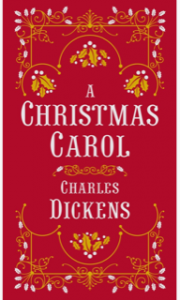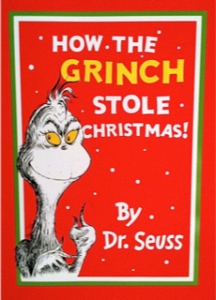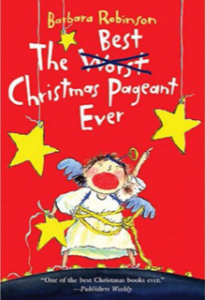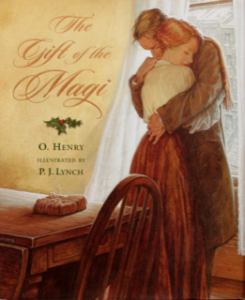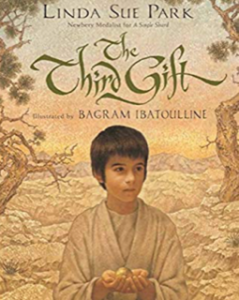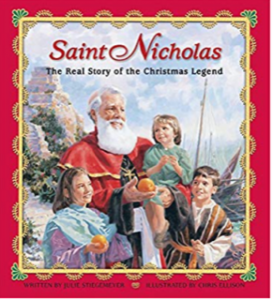As an adult, writing has been a mainstay of my professional career. I majored in journalism, interned at newspapers, worked at magazines and television stations, then migrated to marketing and freelance copywriting. For twenty-plus years, I’ve used words to persuade someone to do or buy something.
I enjoyed writing, I felt competent, but something was missing. If it weren’t for the occasional journal entry or poem I drafted here and there, my relationship with writing was transaction-based. I wrote. I revised. I collected a paycheck.
Even though I was always happy and thankful about my ability to write as part of my day job, something was missing. I felt restless and frustrated. I had ideas and characters in my head who wanted to play, but there was no room in my day job for them.
I kept on writing website copy, marketing presentations, or ghostwriting blog posts. One night, after everybody was tucked in and asleep, I started writing a story. Nobody was paying me to write it. There was no deadline attached to it. It was a creation of my own with no other purpose but to enjoy the discipline and freedom of writing.
Now it’s March 2020. Although I haven’t yet sold that first manuscript, I’ve finished a couple of others since then. I know I still have much to learn, but here are a few things I wish I’d known five years ago.
1) Critique groups are crucial.
In my corporate and freelance world, I “routed” copy to other team members to make sure it was factually accurate and error-free. Even though it was time consuming and occasionally painful, receiving feedback made my writing stronger. For the life of me I don’t know why it didn’t occur to me to do that with my first manuscript.
I entered my first writing competition in March 2015 with a rough draft. My first manuscript didn’t get seen by another living soul until I met my first critique group at the SCBWI conference later that year. Until that conference, I’d never heard of critique groups. Now I can’t live without them. Like the “routing” teams in my past 9-5 life, critique groups exist to make the work better. They bring fresh eyes and perspective and catch things I would have otherwise missed.
2) Critique groups are not interested in stealing your work.
Tell a non-writer about your critique group and they’ll probably ask you if you’re afraid someone will steal your idea. Take comfort in this knowledge: Writers in a critique group understand what being a writer is about. They know how hard it is to write. They want to see you succeed – not plagiarize from you.
3) Comparing yourself to other writers is a waste of time and energy.
Over the past five years, I’ve met all kinds of writers. They each have a different story to tell about their path to publication. Some publication stories are dreamy, some are fraught with obstacle after obstacle. Other stories are relatively short and sweet. Nobody else’s publication story will be exactly like yours. Mine is a work in progress, and not only am I okay with that, I’m excited about it. My journey is as unique as I am. Yours will be as unique as you are. There’s room for all of us. Embrace that and don’t worry about what other writers are doing.
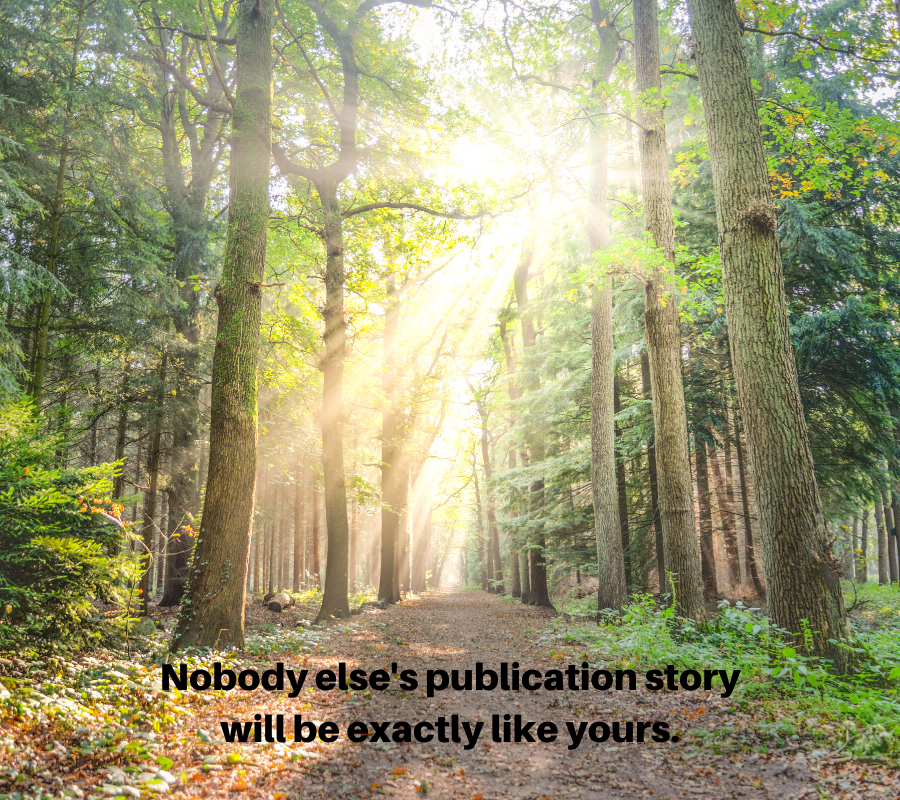
What I love most about this writing life is the opportunity to learn from and connect with other writers. I’d love to learn from you too! Introduce yourself in the comments below or on Instagram at @klmckinneywrites.

Kell McKinney earned a B.A. in journalism from the University of Oklahoma and an M.S. in documentary studies from the University of North Texas. She’s a part-time copywriter, double-time mom and wife, and spends every free minute writing and/or hunting for her car keys. Connect with her on Twitter @Kell_McK or kellmckinney.com.

